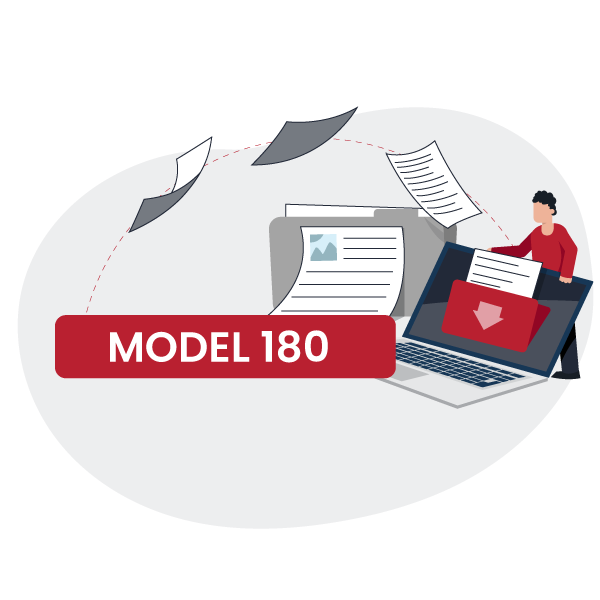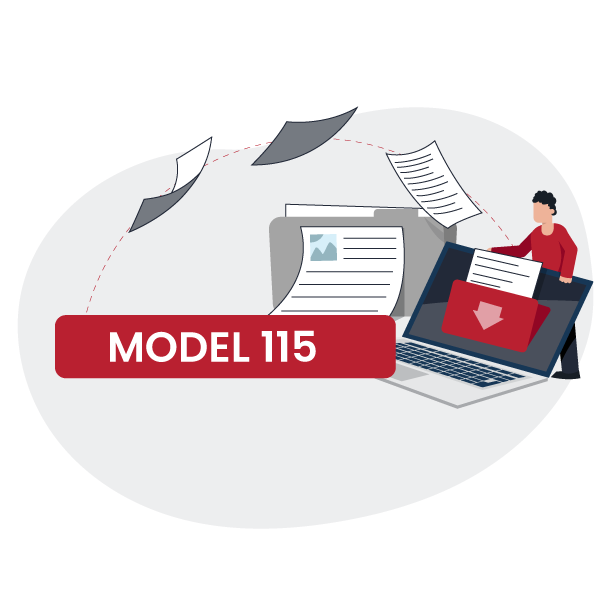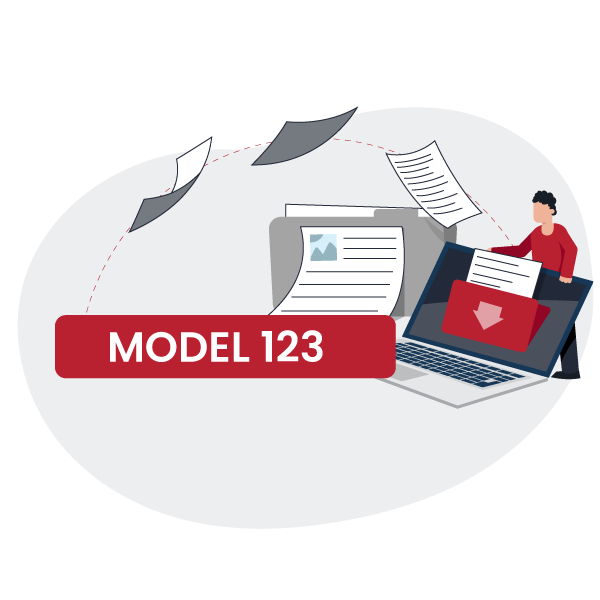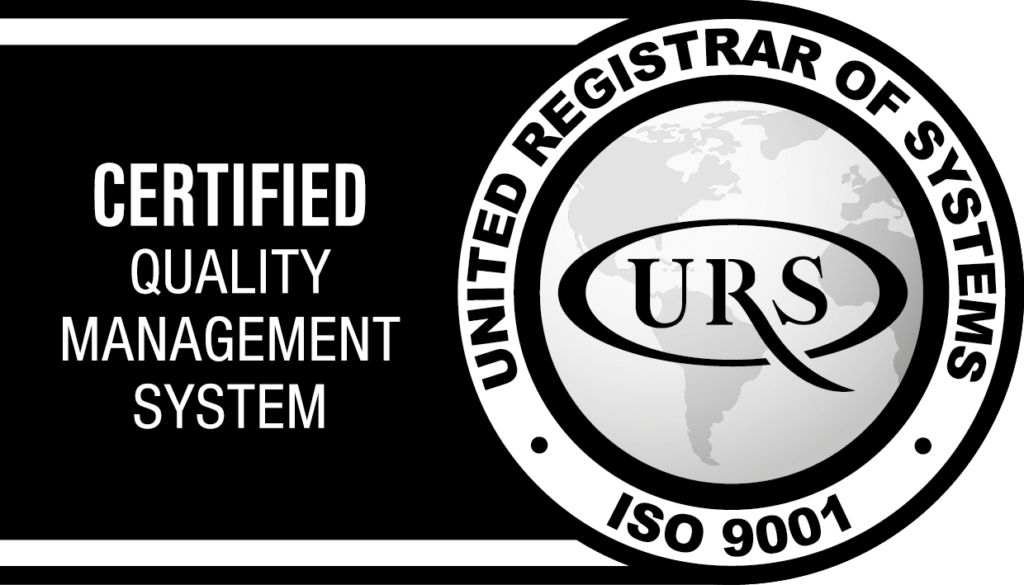If you’re self-employed or run a company and pay rent for your business activity, this article will be of interest to you.
Here, we’ll detail what Model 180 is, who must submit it, when it’s done, and the penalties for late submission.
If you need support with your tax declarations, at DAEM, we have a team of specialized tax advisors who can help you comply with the tax calendar.
What Does Model 180 Refer To?
Model 180 is an informative declaration that must be submitted to the Tax Agency once a year.
This form acts as the annual summary of Model 115, which is submitted quarterly. Its purpose is to collect and detail all withholdings and payments on account made for urban property rentals throughout the fiscal year.
Who Is Obligated to Submit Model 180?
This model must be submitted by self-employed professionals or company representatives who pay rent subject to withholding. Through it, the withholdings made on account of IRPF for these payments are reported.
However, there is an exception: if rental payments to the same landlord do not exceed 900 euros annually, neither Model 115 nor Model 180 needs to be submitted.
When Must Model 180 Be Submitted?
Model 180 is submitted annually, and the deadline for doing so is January 1st to 31st, corresponding to payments made during the previous year’s fiscal exercise.
What Is the Purpose of Model 180?
This model aims to provide the Tax Agency with an annual summary of withholdings made for urban property rentals used for economic activities.
It is fundamental that the declared amounts match those reported quarterly in Model 115. Any discrepancy can lead the Tax Agency to review your tax situation and, if inconsistencies are found, initiate an investigation for potential fraud.
What Happens if Model 180 Is Submitted Late?
Penalties for submitting this model after the established deadline can range from 300 to 20,000 euros. The amount will depend on whether the taxpayer detects the error and corrects it on their own initiative or if they do so after receiving a requirement from the Tax Agency.
If you correct the delay before being notified by the Tax Agency, you’ll only have to pay daily interest for the delay. However, if the Tax Agency detects the omission, in addition to the penalty, an additional surcharge will be applied for the time elapsed.
Avoid Unnecessary Fines and Complications
At DAEM, we specialize in tax management for freelancers, companies, and SMEs. We can help you comply punctually with all your tax obligations. Contact us and consult our rates and services without obligation.
At DAEM, we are committed to offering updated and accurate content on tax matters. However, it’s important to note that regulations can change and that each situation requires a personalized analysis. Therefore, we always recommend consulting a tax advisor to ensure correct compliance with your obligations.








